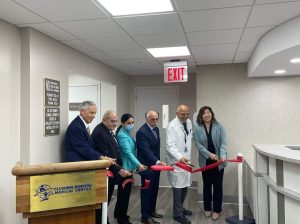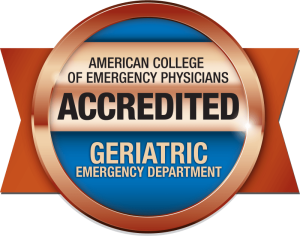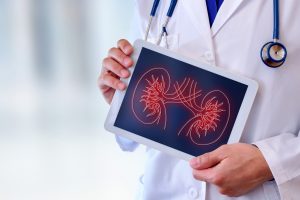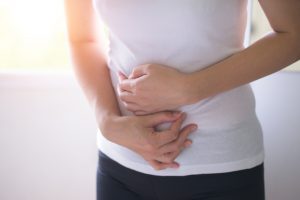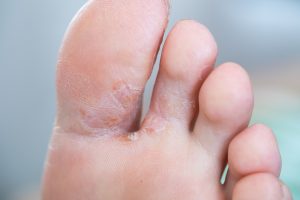 We are is pleased to introduce Dr. Morteza Modaber, the new Director of Neurology for both Jamaica Hospital and Flushing Hospital Medical Center.
We are is pleased to introduce Dr. Morteza Modaber, the new Director of Neurology for both Jamaica Hospital and Flushing Hospital Medical Center.
Dr. Modaber obtained his medical degree at Shahid Behesti University of Medical Sciences in Tehran, Iran, before coming to practice medicine in the United States. After four years of neuromodulation research at the University of California, Los Angeles, he completed an internship program in internal medicine at SUNY Upstate Medical University from 2016 to 2017. He then completed a residency program in neurology at the Zucker School of Medicine at Hofstra/Northwell from 2017 to 2020, where he also completed a fellowship program in vascular neurology.
Part of what Dr. Modaber finds so engaging about his new role is the opportunity it offers to serve unmet needs for patients living in Queens. “There’s a massive need in the Queens community for neurological care,” said Dr. Modaber. “There isn’t enough access to medical professionals with a neurological background. I’m very excited to be able to help provide that care.”
Both the community he serves and the people that he works with bring joy and purpose to Dr. Modaber’s career. “Our hospitals and the communities they serve are melting pots of different cultures and different groups of people from a variety of backgrounds. I’m very happy to be working in an environment where diversity is celebrated,” said Dr. Modaber.
As Director of Neurology, Dr. Modaber plans to expand the Neurology Department in ways that will allow it to provide comprehensive neurological care to the Queens community. “I want to be able to offer people in Queens the best neurological care they can get in New York without having to take a long trip to Manhattan, Long Island, or somewhere else to get it,” said Dr. Modaber. “We’ve been recruiting a lot of highly-skilled people and are well on our way to achieving that goal.”
We are proud to welcome Dr. Modaber to our team and looks forward to the work that he and the rest of the Neurology Department will do to provide high-quality neurological care to our community.
All content of this newsletter is intended for general information purposes only and is not intended or implied to be a substitute for professional medical advice, diagnosis or treatment. Please consult a medical professional before adopting any of the suggestions on this page. You must never disregard professional medical advice or delay seeking medical treatment based upon any content of this newsletter. PROMPTLY CONSULT YOUR PHYSICIAN OR CALL 911 IF YOU BELIEVE YOU HAVE A MEDICAL EMERGENCY.

